 |
 |
 |
 |
 |
 |
 |
 |
 |
 |
|||
 |
 |
|||
 |
 |
|||
 |
 |
|
|||||||
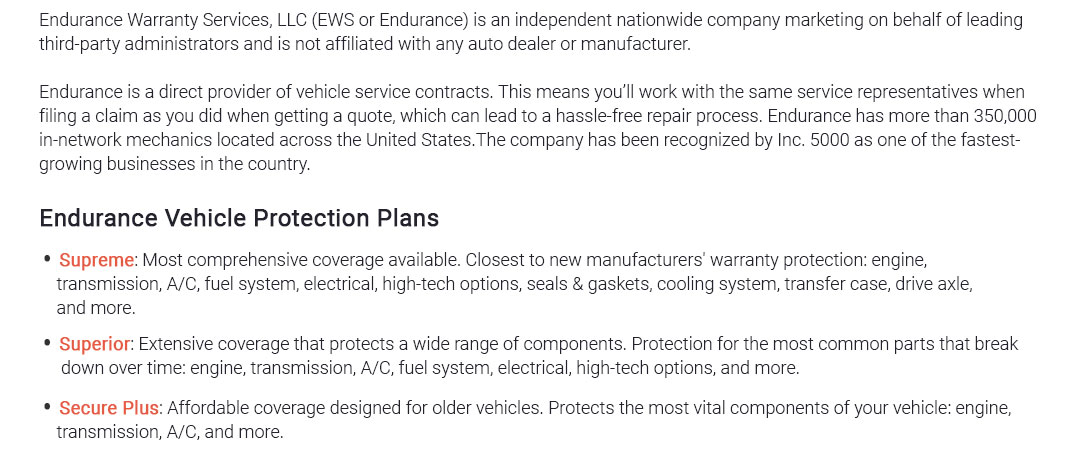 |
|||||||
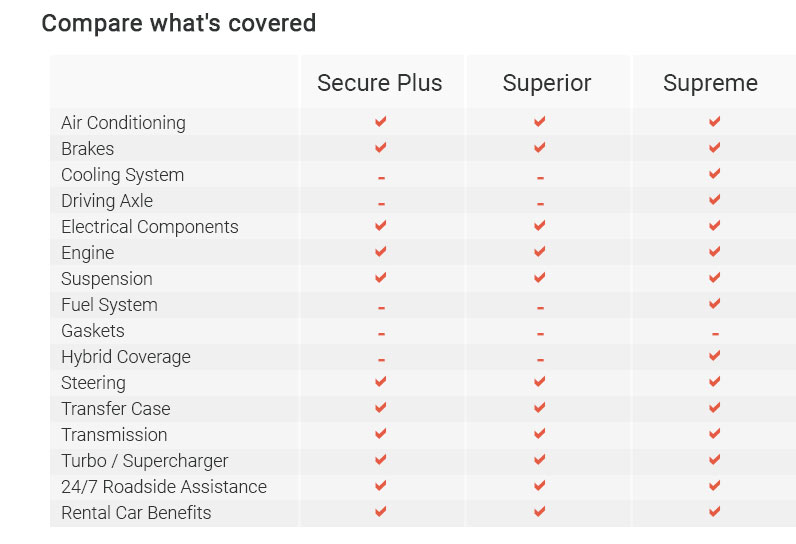 |
|||||||
 |
|||||||
 |
|||||||
|
|||||||
|
||||||
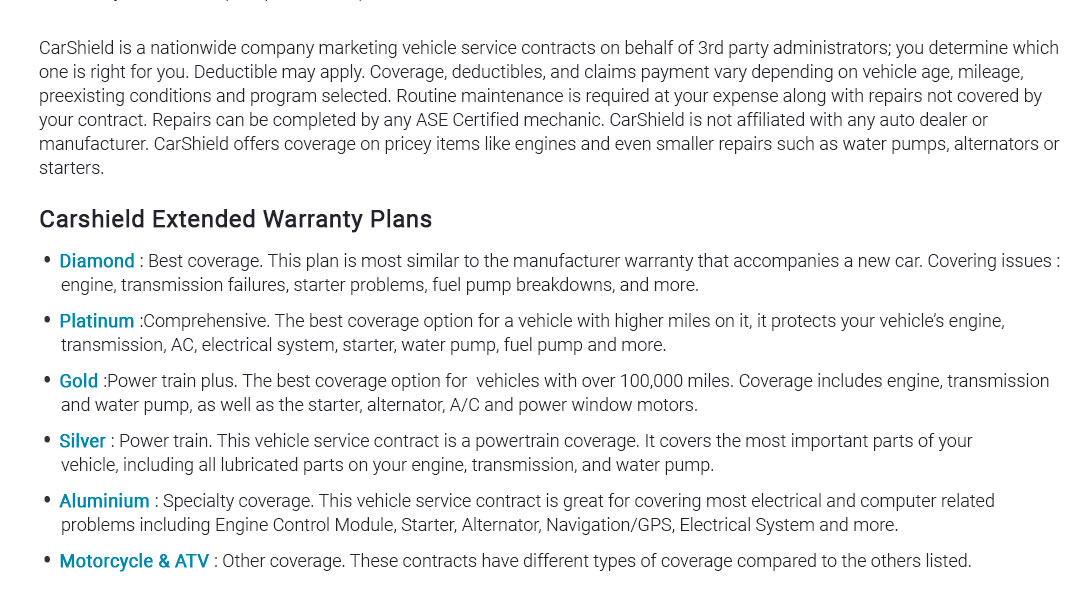 |
||||||
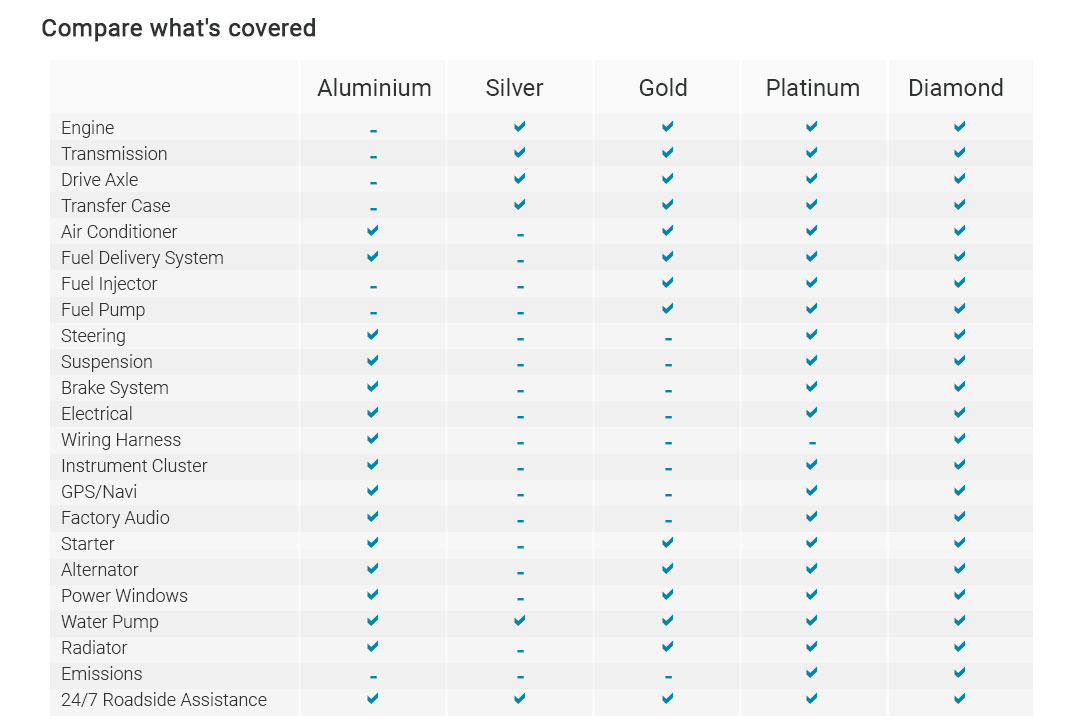 |
||||||
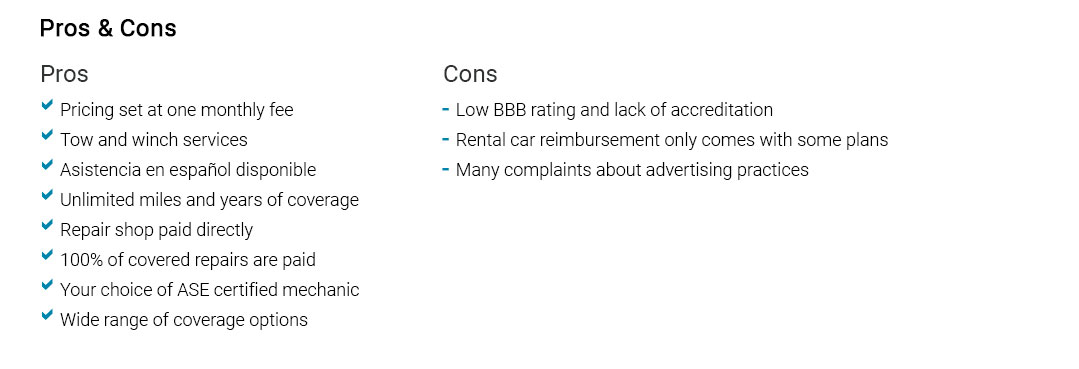 |
||||||
|
 |
 |
 |
 |
 |
 |
 |
|||
 |
 |
|||
 |
 |
Understanding GM Extended Warranty Plans: A Comprehensive OverviewWhen it comes to purchasing a vehicle, making a well-informed decision is paramount, especially if you are considering investing in a General Motors (GM) vehicle. Extended warranty plans, often referred to as service contracts, have become a significant aspect of the buying process, offering peace of mind and financial protection against unforeseen repairs. But what exactly are these plans, and how do they function? This article delves into the intricacies of GM extended warranty plans, providing you with a detailed understanding that will guide your decision-making process. At its core, an extended warranty plan is essentially an insurance policy for your vehicle’s parts and labor, covering repairs and replacements after the manufacturer’s warranty expires. GM’s plans are designed to extend the life of your vehicle, ensuring that you are not left stranded with a hefty repair bill. Why should you consider an extended warranty? Simply put, cars are becoming increasingly complex, with advanced electronics and sophisticated technology that can be costly to repair. An extended warranty offers a safeguard, cushioning you from potential financial burdens. How Do GM Extended Warranty Plans Work? Understanding how these plans work can greatly influence your decision. GM offers a variety of plans, each tailored to different needs and budgets. Typically, these plans cover major components such as the engine, transmission, and drivetrain, but can also include options for more comprehensive coverage that extends to the electrical system, heating and cooling, and beyond.
Choosing the Right Plan Selecting the right extended warranty plan requires a thoughtful assessment of your vehicle's needs, your driving habits, and your financial situation. If your vehicle is loaded with advanced technology, opting for a plan that covers these components might be wise. Conversely, if your vehicle is primarily used for city driving, a powertrain plan might suffice. It's also worth considering the duration of the plan. GM offers various term lengths, allowing you to choose one that aligns with how long you plan to keep your vehicle. Is It Worth It? The question of whether an extended warranty is worth the investment is subjective and largely depends on individual circumstances. For some, the peace of mind knowing that they are covered for unexpected repairs is invaluable. For others, especially those with a reliable vehicle history or those who plan to sell the car before the manufacturer's warranty expires, it might seem like an unnecessary expense. However, it is crucial to note that repair costs can escalate quickly, and having coverage can save you significant amounts of money in the long run. In conclusion, GM extended warranty plans offer a layer of security and assurance for vehicle owners. They provide a safety net, ensuring that you are not caught off guard by unexpected repair costs. By understanding the different types of coverage available and carefully considering your personal needs and financial situation, you can make an informed decision that enhances your ownership experience. After all, owning a vehicle should be more about the journey and less about the worries of what lies ahead on the road. https://www.carchex.com/content/gm-extended-warranty-coverage/
GM Extended Warranty Coverage. GM offers three main Protection Plans if you want extended car warranty coverage: Platinum, Silver, and ... https://www.knappvehicleservicecontracts.com/extended-warranty
To qualify for these prices Chevrolet, Buick and GMC models need to have at least 30 days and 1000 miles of factory warranty remaining. 90 days and 3000 miles ... https://experience.gm.com/rewards/earn-redeem/protection-plans
Extended Family Mastercard Program Rules | GM Business ...
|
















